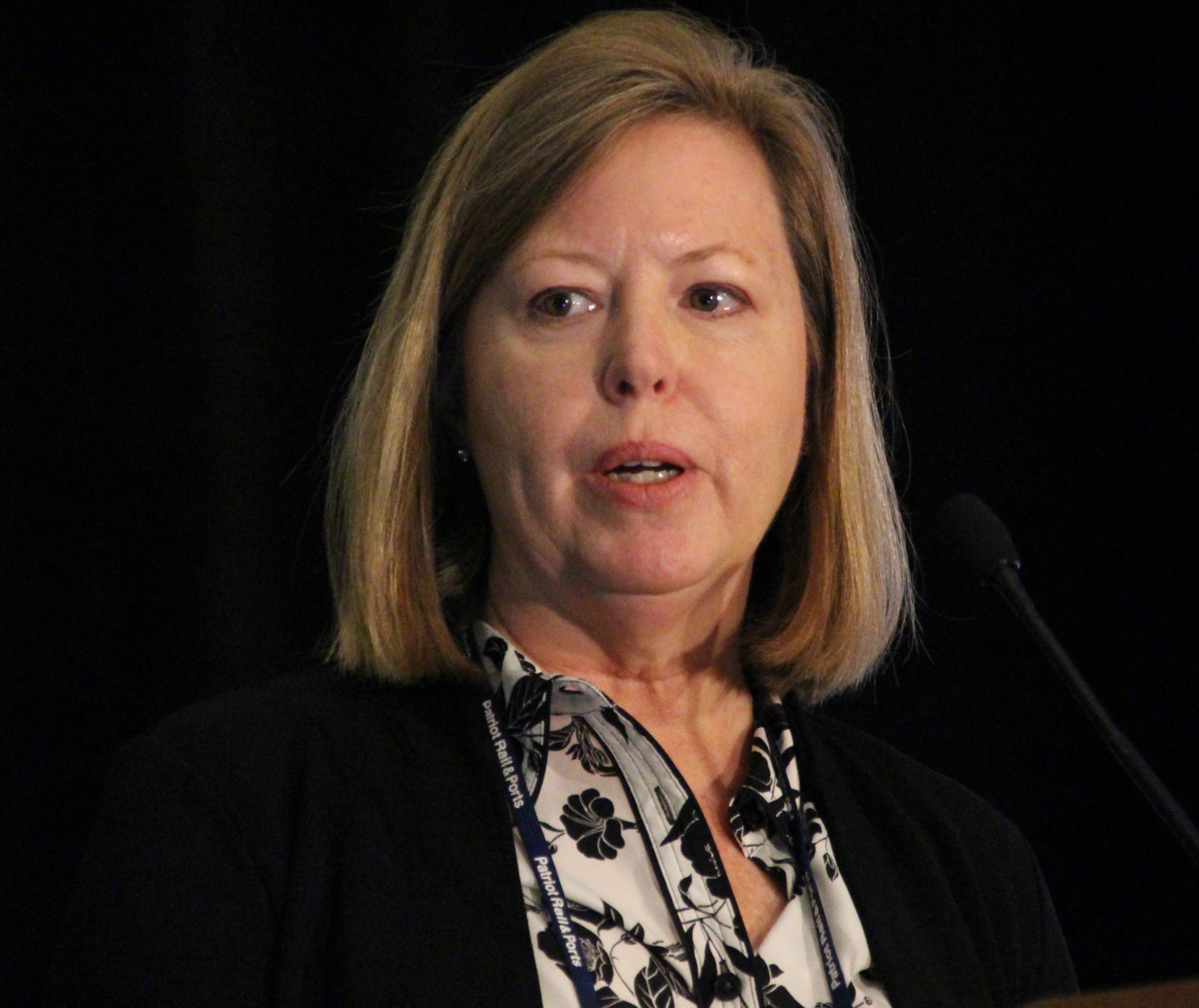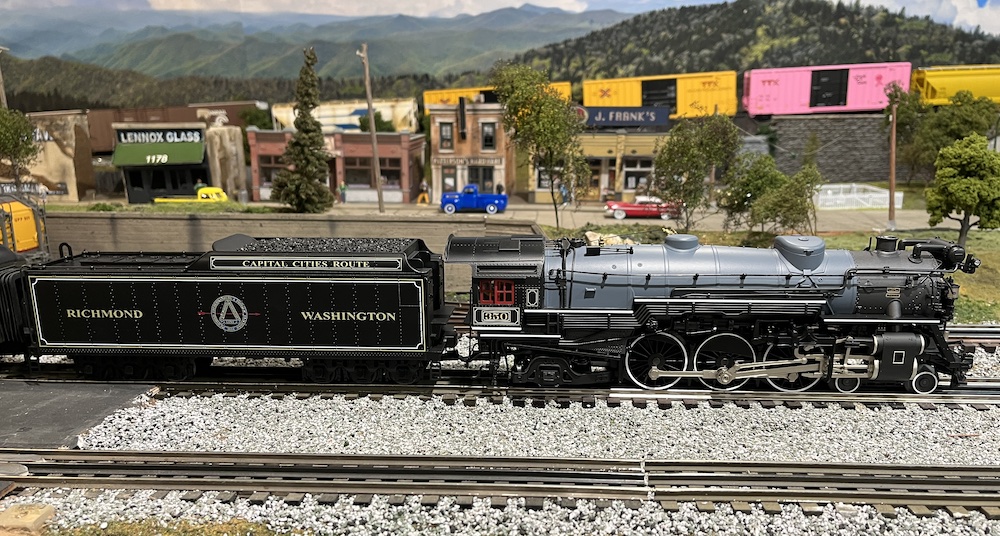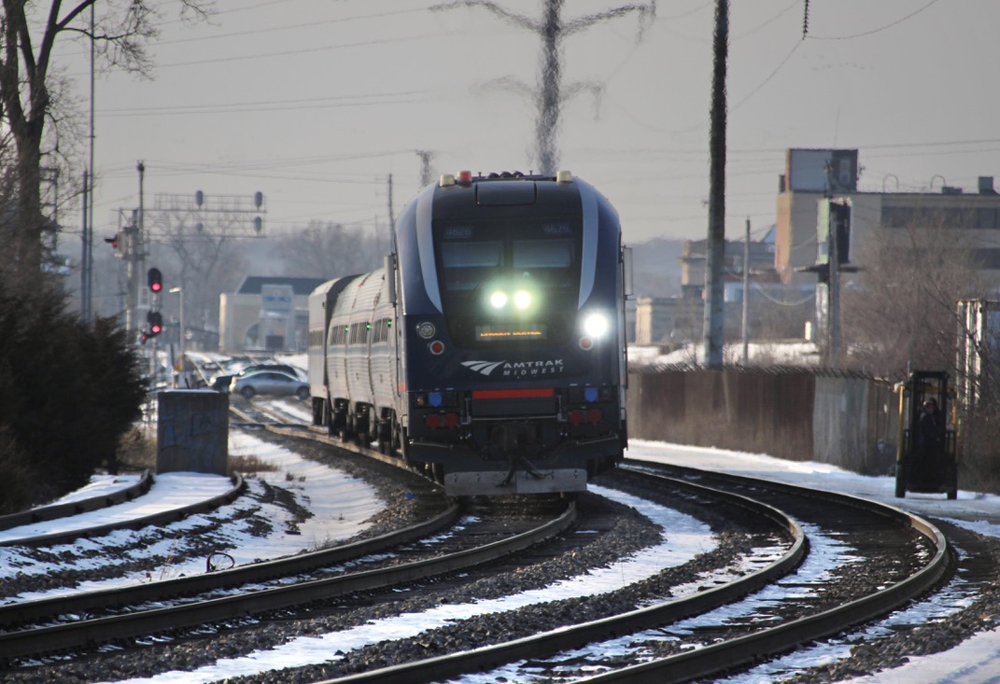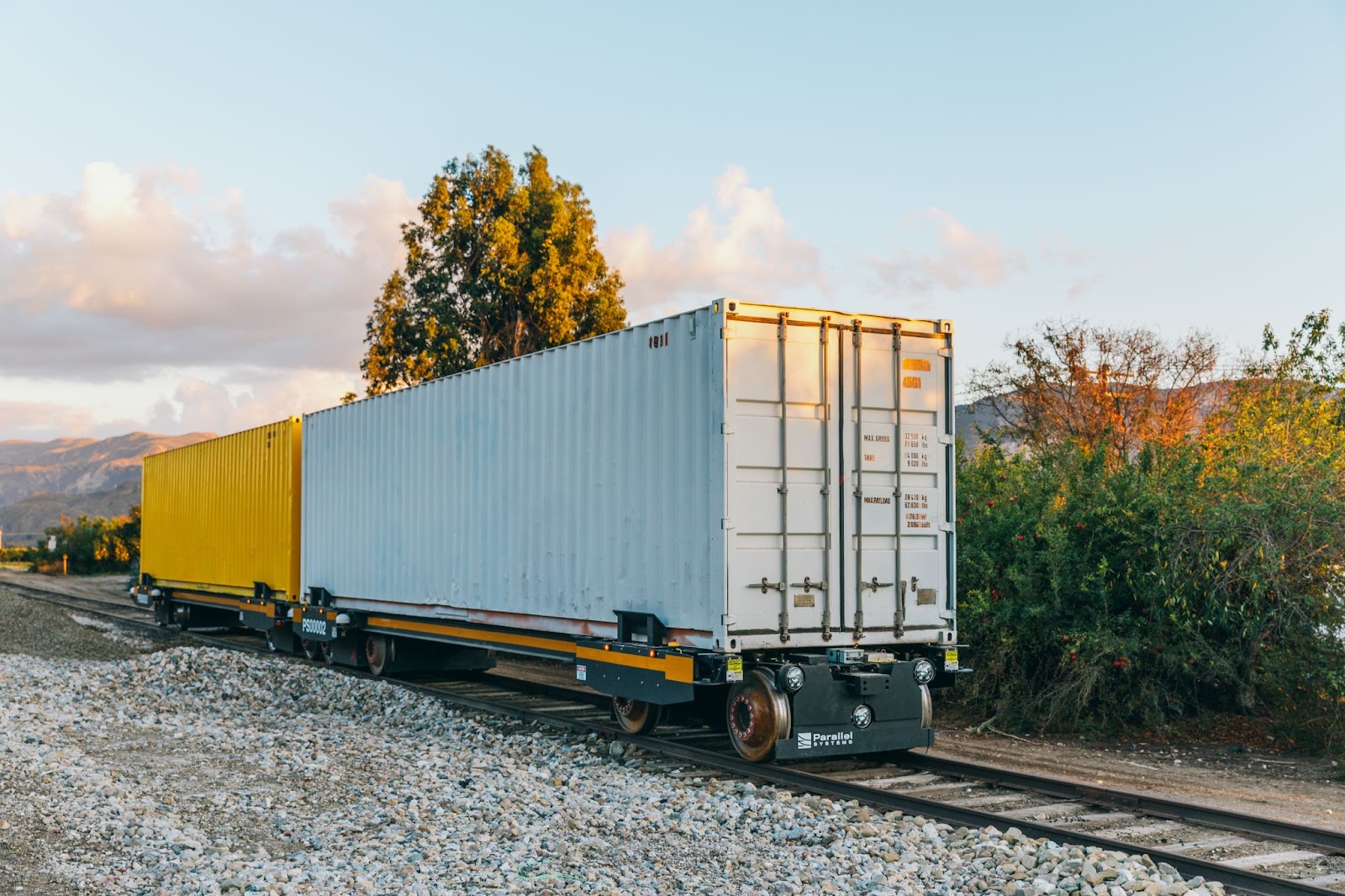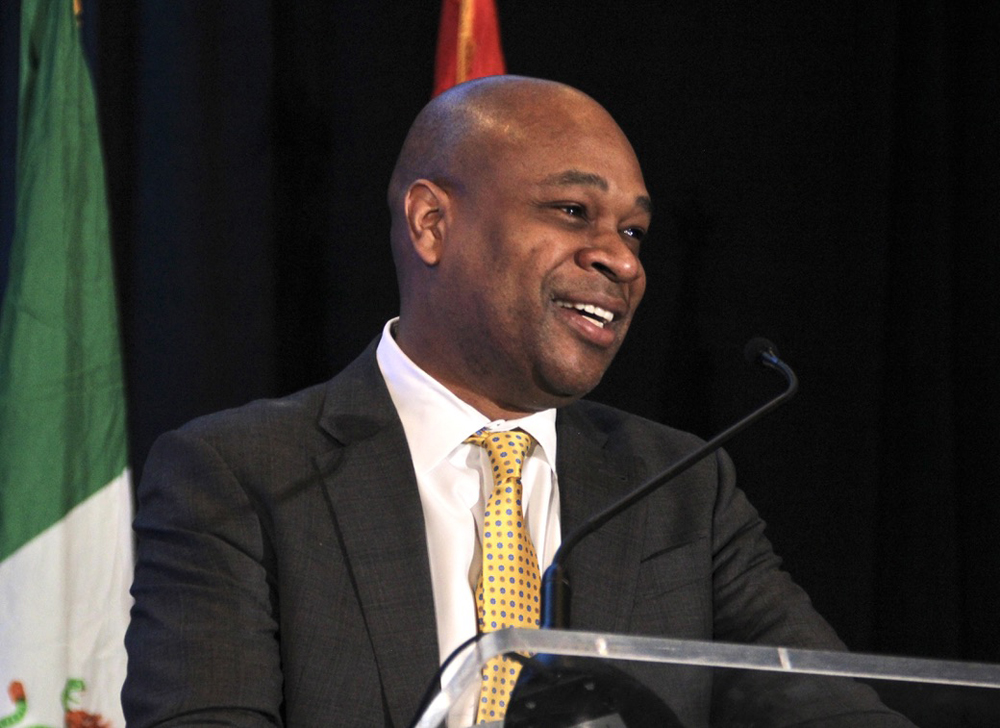Around 408,000 North American freight cars are stored. Some of that is attributed to a 5.1 percent decline in traffic in 2019, but some can also be attributed to the operational changes coming from the implementation of Precision Scheduled Railroading by Class I railroads, says Greenbrier Cos. President and Chief Operating Officer Lorie Tekorius. PSR can be critical to the need for freight cars: A 1 mph change in overall velocity can affect 50,000 railcars as fewer or more are needed to meet demands. Industrywide, rail velocity is up 3.7 mph compared with 2018.
The outlook for railcar construction in 2020 and 2021 is considerably lower, according to projections by FTR Transportation Intelligence, as cited by Tekorius. As a whole, carbuilders are projected to produce around 38,200 units in 2020 and 35,825 units in 2021. That is down considerably from 50,803 units built in 2018 and 82,296 units built in 2015. The loses are expected to come out of coal, intermodal, and boxcar production.
However, there are some bright spots, she says. Energy-related tank cars – crude oil, ethanol, and propane – are being pulled from storage in early 2020, showing a possible market change in those markets.
Union Pacific President and CEO Lance Fritz mentioned company assets, and specifically freight cars, as key component of implementing the railroad’s “Unified Plan 2020,” its program for PSR.
Union Pacific’s network now sees about 6.8 freight cars per carload generated, which is a historic low rate because PSR has brought a fundamental shift in railcar needs. “For us, it’s probably going to be (around) forever,” he says, noting that intermodal cars could be driven lower “because of how they turn.”
“We’re all going to be storing cars,” Fritz adds. “I’m storing UP cars now that we’re going to need a lot more business to bring out again and run.”





